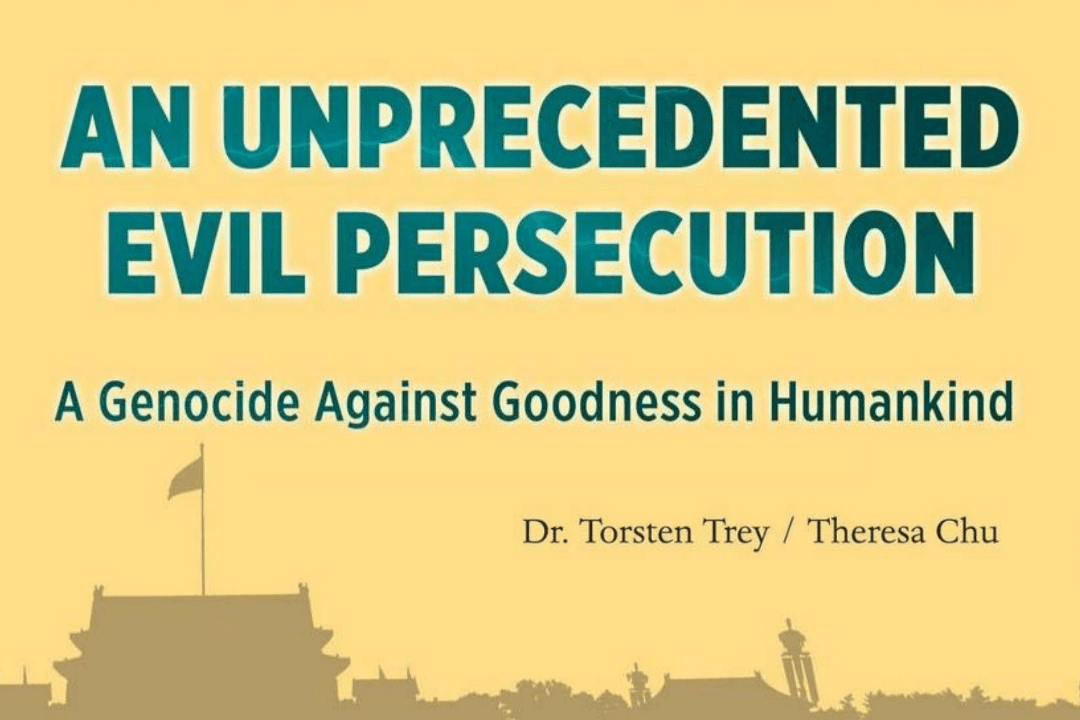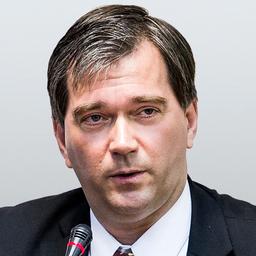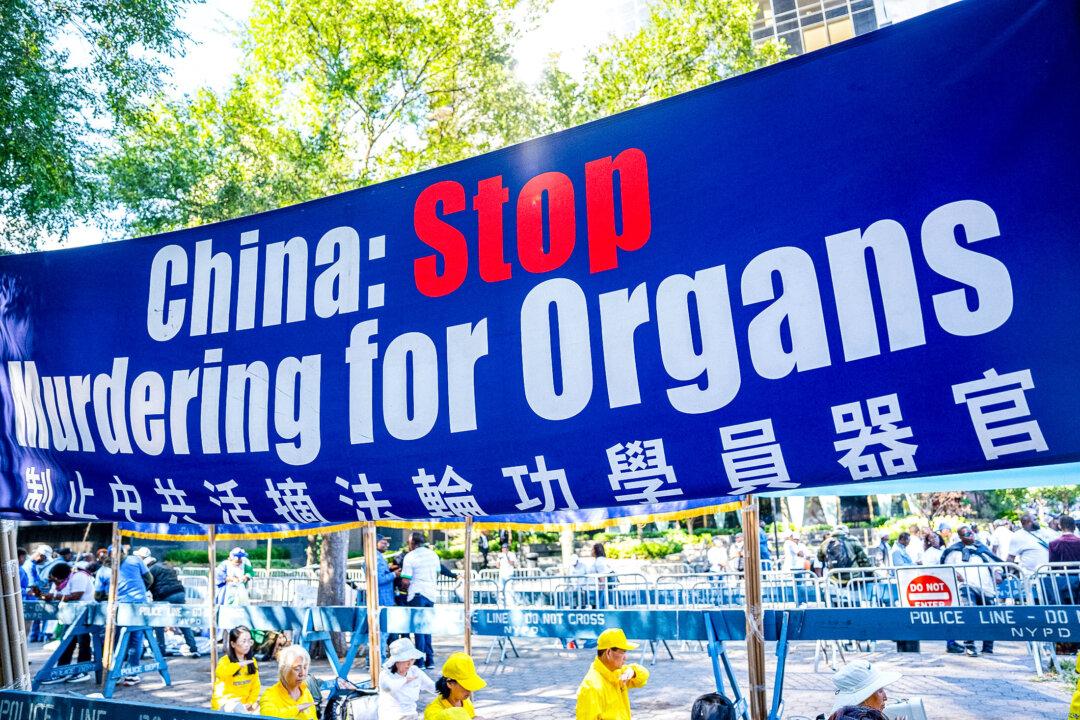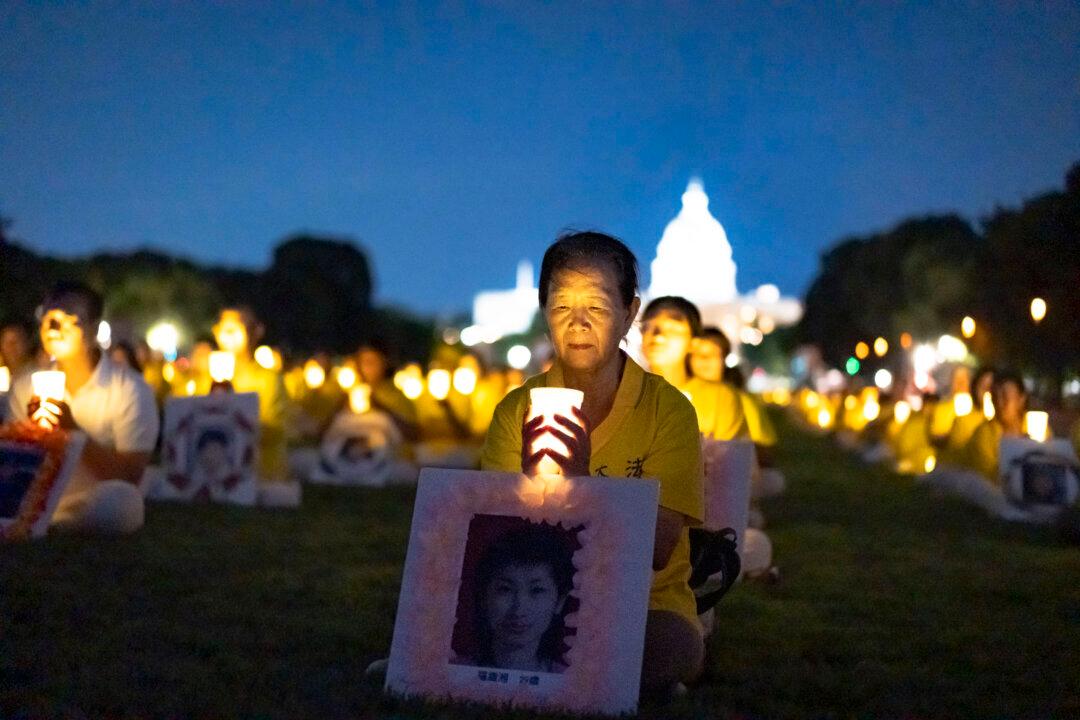The Epoch Times is proud to republish “An Unprecedented Evil Persecution: a Genocide Against Goodness in Humankind” (eds. Dr. Torsten Trey and Theresa Chu. 2016. Clear Insight Publishing). The book helps with the understanding of forced organ harvesting in China by explaining the root cause behind this atrocity: the genocide committed by the Chinese regime against Falun Gong practitioners.
Unprecedented evil and an absurd medical practice
People everywhere embrace human dignity, basic freedoms and the right to live peacefully. The medical profession is dedicated to serving human beings in recovering from illness and, if successful, in helping to prolong life. This is the mission of the medical profession. The medical oath speaks of doing no harm. Thus, it is appalling that the medical profession in China is taking part in ending the lives of prisoners of conscience for the purpose of harvesting and transplanting their organs. It is both, transplantation for profit and a method of persecution.A Chinese law, passed in 1984, permitted organ harvesting from prisoners, but it was only after 1999 that transplantation in China soared significantly. Where did the transplant organs come from? After millions of spiritual believers and members of ethnic groups became subject to dehumanization, ostracism and persecution, the 1984-conditioning of harvesting organs from executed prisoners expanded to an even larger pool of organ sources— prisoners of conscience. In short, transplant medicine in China became an absurd medical discipline; it is incomprehensible to provide health care to one group of people by forcibly ending the lives of another group.





